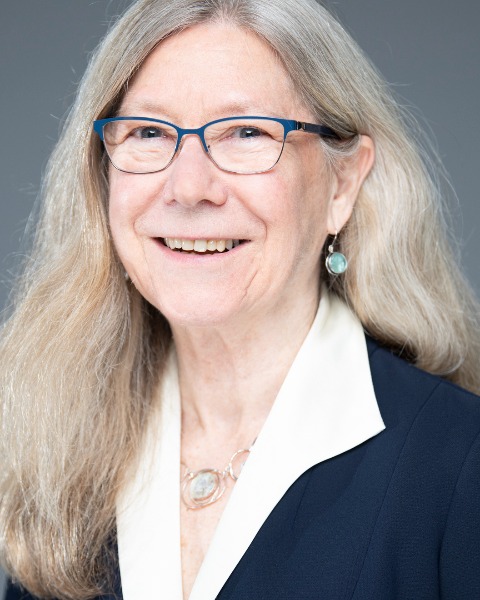Palliative Care
Palliative Care
426 - FACE-Rare: A Novel Palliative Care Intervention for Family Caregivers of Children Living with a Rare Disease
Publication Number: 426.147

Maureen E. Lyon, PhD (she/her/hers)
Clinical Psychologist, Professor of Pediatrics
Children's National Health System
Alexandria, Virginia, United States
Presenting Author(s)
Background:
Pediatric patients with rare diseases experience high mortality. Pediatric advance care planning (pACP) has been proven to improve communication and spiritual and emotional well-being.
Objective:
To pilot test an intervention to provide psychosocial support to help parents make medical decisions for their child.
Design/Methods:
Consultation with families of children with rare diseases and with the National Organization for Rare Disorders revealed that basic palliative care needs should be addressed prior to a pACP intervention. Thus, we beta tested the innovative FACE-Rare intervention with 7 families of children with ultra-rare diseases, integrating two, previously adapted for pediatrics, evidence-based interventions: Carer Support Needs Assessment Tool pediatric (Sessions 1 & 2) plus Respecting Choices (Sessions 3 & 4). Using a two-armed randomized clinical trial design we are pilot testing a further adapted 3-session FACE-Rare intervention with 30 family caregivers of children with rare diseases for acceptability, feasibility, safety, and initial efficacy on 3-month family-reported outcomes.
Results:
We reached out to 74 families. 47 did not respond. To date 28 family caregivers have been consented and undergone secondary screening. 23 family caregivers (19 dyads with at least one eligible caregiver) completed the baseline visit and 15 dyads completed the 3- month follow-up. Participants self-reported mean age was 37 years; 68% female; 74% White race; 48% some college or high school education; 42% full-time employed. Sessions were conducted using Telemedicine. An interim analysis revealed racial differences in spirituality and caregiving appraisal at baseline with underrepresented groups reporting greater spiritual quality of life and more positive appraisals of caregiving, compared to White families. FACE-Rare families prioritized: financial, legal, or work issues (83%); Knowing what to expect in the future when caring for my child (67%); Practical help in home (67%); Managing my child’s symptoms (67%); and dealing with my feelings and worries (67%). Video clips of the pediatric Next Steps: Respecting Choices interview will be presented.
Conclusion(s): Initial findings suggest prioritizing meeting the financial, legal, and work needs of families of children with rare diseases through social work or case management services, consistent with policies prioritizing social determinants of health. Families ranked these as more important than traditional palliative care needs. pACP is acceptable and feasible.
